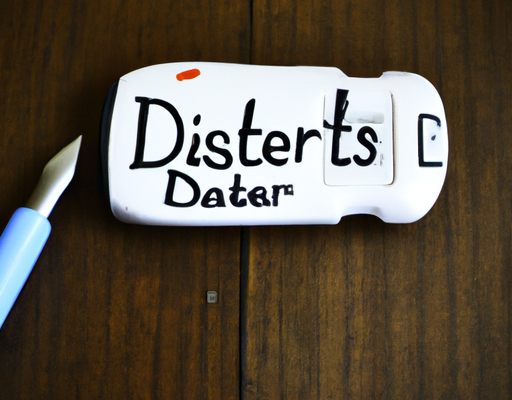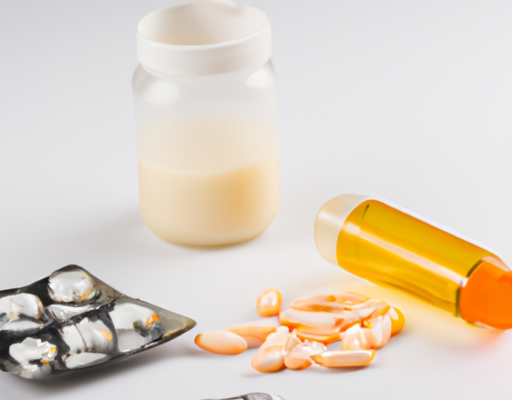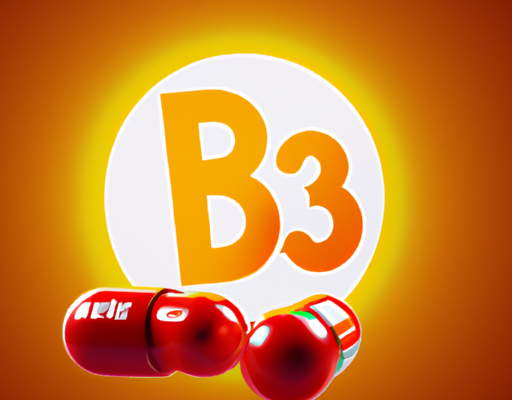Iodine – one of the most important microelements that provides proper exchange of substances, brain activity, elasticity of vessel walls, and is also involved in the synthesis of thyroid hormones. This substance affects the processes of growth and development of the organism, is responsible for maintaining a stable body temperature, necessary for the normal functioning of the nervous system, increases the consumption of oxygen by the body tissues, has a calming (sedative) effect, takes part and in a number of other functions of the human body.
In nature, iodine is almost everywhere – in water, soil, minerals, plants, animal and human organisms. The amount of this substance in different parts of the Earth’s surface varies greatly. The main amount of iodine is concentrated in the World Ocean. Therefore, the closer the locality is to the ocean, the more it is found in the soil and, accordingly, in the plant and animal world of these regions. In the depths of the continents, especially where the mountains separate the land from the ocean, iodine is scarce. The regions most prone to iodine deficiency include South and Southeast Asia, European countries and New Zealand. Historically, one of the most severely iodine-deficient regions of Europe was located in the heart of the continent – Switzerland: as early as the Middle Ages, the inhabitants of the Alpine villages faced the most severe thyroid diseases, which were only stopped at the beginning of the 20th century with the introduction of iodized salt into everyday life.
What is the danger of iodine deficiency?
Iodine deficiency in the diet can lead to:
- disruption of metabolism,
- lowered immunity,
- increased fatigue, chronic fatigue and irritability,
- weight gain, primarily due to fat formation in the hips and abdomen,
- decreased level of male sex hormones,
- impaired mental abilities (weakening of memory, decreased concentration and intelligence),
- low concentration of thyroid hormones resulting in hypothyroidism (extreme manifestations in children – cretinism, in adults – myxedema),
- decreased fertility (ability of a sexually mature organism to reproduce offspring),
- increased risk of stillbirth and congenital malformations in the fetus, etc.
Products with high iodine content:
- Seafood: seaweed (Laminaria),
- fish, mollusks, sea salt, shrimp.
- Iodized salt.
- Milk, dairy products.
- Eggs.
- Beef liver.
How to detect iodine deficiency in the body?
Moisten a cotton swab with a 5% alcoholic iodine solution. In the evening before bed, draw three 5 cm long lines on the forearm with it: one thin and translucent, the second one clear, and the third one as fat as possible. If in the morning only the first strip has disappeared, and the other two have only slightly faded, then the body does not suffer from iodine deficiency.
If only the third, fattest line remained, then the body obviously lacks iodine. In this case, it is necessary to use products with a high iodine content, and repeat the test in 2-3 months. If all three strips have disappeared, then there are serious violations in the body and it is necessary to consult an endocrinologist.
Excess iodine in the body can also lead to undesirable consequences, up to a lethal outcome.
How does acute iodine deficiency manifest itself?
Decrease of iodine in the organism starts some kind of chain reaction. The hypophysis starts to produce more thyrotropic hormone (TTH), which stimulates the thyroid gland. The gland increases to get more iodine from the blood to produce hormones T3 and T4.
As a result of long iodine deficiency can develop hypothyroidism. The main symptoms of the disease are frequent feeling of chill or heat, appearing because of failures in the work of the pituitary gland and the thermoregulation system of the hypophysis, heart rate, heartbeat, pressure drops, sudden change of body mass, as well as fatigue and tendency to depressions.
Another disease, also caused by strong iodine deficiency is goiter, excessive growth of the thyroid gland, caused by the body’s desire to compensate for the lack of hormones.
Adequate treatment of iodine deficiency and the resulting conditions can only be prescribed by your doctor. To make a correct diagnosis, it is necessary, in addition to visual examination and palpation, to do a blood test and make an ultrasound of the thyroid gland.
Remember that with thyroid diseases it is categorically contraindicated and very dangerous to prescribe and take large amounts of iodine yourself. When iodine enters the body of a patient, iodine-induced thyrotoxicosis can develop: the gland starts to produce hormones intensively and saturates the body with them. As a rule, thyroid gland dysfunctions are treated with artificial analogs of its hormones. They slow down the enlargement of the thyroid gland and regulate its work.
Iodine Consumption Standards
Recommended iodine intake is 250 mcg per day for an adult. It is particularly important for women to have an adequate amount of iodine in their body during pregnancy as this micronutrient plays a key role in the formation of the baby and its cognitive functions. It is especially important to avoid iodine deficiency in the first 16 weeks when the baby’s own thyroid gland has not yet formed.
If a mother has an insufficient amount of iodine in her body during pregnancy, it can lead to various serious illnesses in the child. These include deafness, strabismus, paralysis and cretinism, a form of mental disability caused by iodine deficiency. Thankfully, these severe consequences occur only with a high degree of iodine deficiency. However, even mild iodine deficiency, which is common in our country, has a scientifically proven negative effect on cognitive functions. For example, according to a study conducted among young people in China, teenagers who suffered from iodine deficiency in childhood had an average IQ of 12.5 points lower than the comparison group.
Treatment of iodine deficiency
To treat iodine deficiency in the body, it is necessary to enrich the diet with products containing this microelement. The most useful products in case of iodine deficiency are seafood: sea cabbage, squid, shrimp, caviar, hake, mintai, cod and others. Iodine is found in smaller amounts in freshwater fish, eggs, beef, milk, cereals, mushrooms, vegetables (spinach, dill, green onion, artichoke, eggplant, beets, radish, garlic, potatoes). It is also present in berries and fruits (bananas, oranges, lemons, melons, pineapples, kumquats). When cooking, it is recommended to use iodized salt. In addition, a number of foods are additionally enriched with iodine (milk, bread, eggs, mineral water, etc.). The doctor prescribes medication with iodine if necessary.
Why is iodized salt needed?
Iodized table salt is the key tool for fighting iodine deficiency worldwide today. In some countries, such as the United States, its widespread use has completely eliminated iodine deficiency. Today, laws to prevent iodine deficiency have been adopted in 113 countries of the world, but unfortunately Russia is not yet among them. Customers in stores choose between iodized and cheaper regular salt, and of course, more often they purchase the more affordable analogue. As a result, more than two-thirds of the population suffer from iodine deficiency to some degree.
At early stages, iodine deficiency can be easily compensated with diet and potassium iodide preparations, which can be found in any pharmacy. And also – with iodized salt. Food sources of the microelement are fish, eggs, white meat. Often only a balanced diet, without excluding any of these groups of products, is required to maintain balance. Seaweed or lamari will quickly bring the iodine content in the blood to normal: 100 grams of this product contains two daily doses of iodine.*
Connection between obesity and need for iodine
There is a link between obesity and the need for iodine. Deficiency of iodine leads to the utilization of part of the glucose, our main source of energy, as fatty deposits. Low levels of thyroid hormones caused by iodine deficiency makes a person lethargic, which further contributes to the accumulation of excess fat.
Iodine deficiency in diet has a negative impact on the production of growth hormones. It is responsible for both body growth in adolescence and muscle building and fat burning in adults. That is why teenagers, athletes, and people trying to lose weight should pay special attention to the necessary iodine content in their daily diets.
Which doctor should see?
If you have symptoms similar to iodine deficiency, you should see an endocrinologist. After testing the hormonal background, the doctor will be able to make a conclusion about the lack of this micronutrient.





No Comments